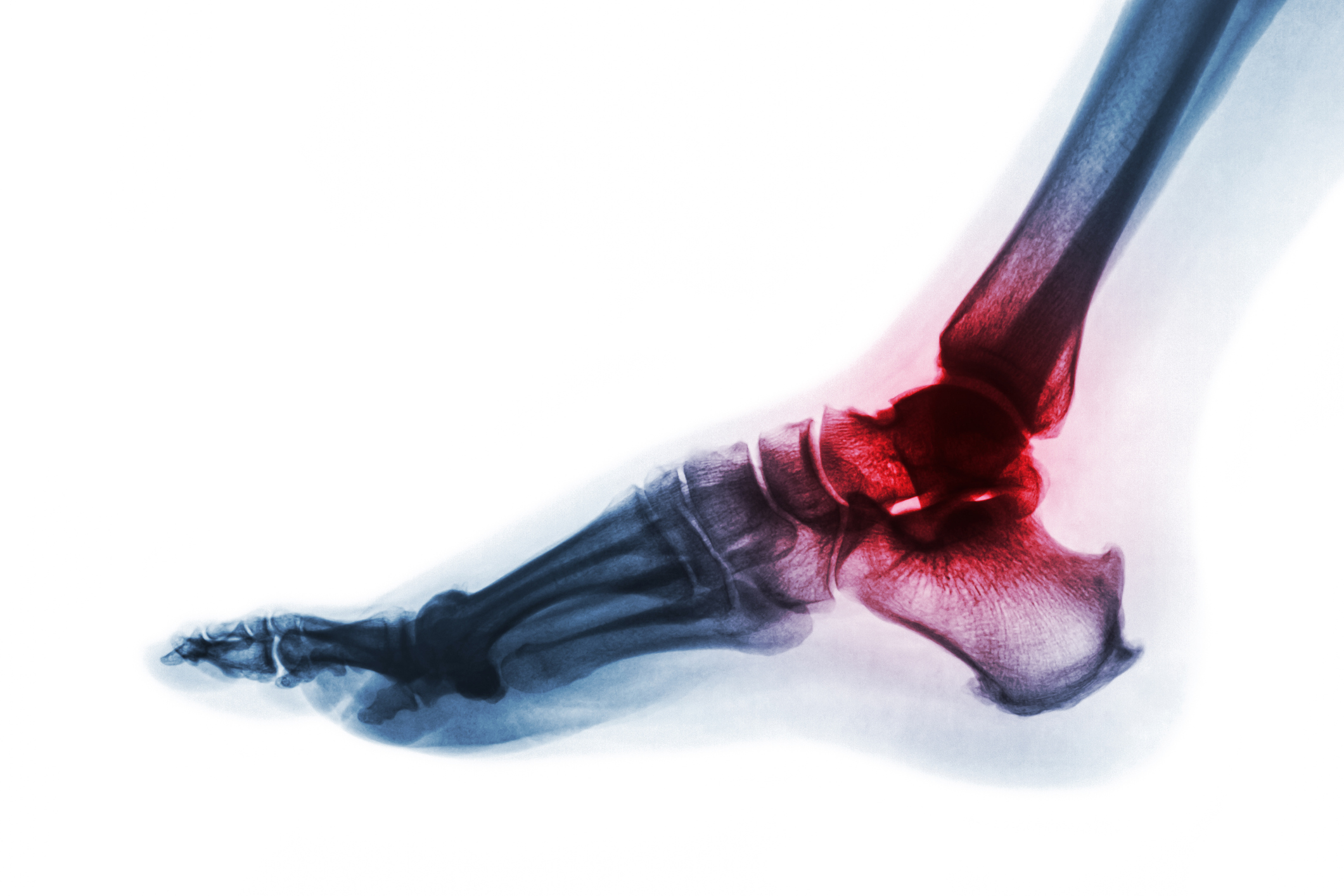
Living with arthritis requires a combination of self-care strategies, medical treatment, and lifestyle adjustments. While it’s important to consult with a healthcare professional for personalized advice, here are some general tips for managing arthritis:
- Education and self-management: Learn about your specific type of arthritis, its symptoms, and treatment options. Understand how to manage pain, reduce inflammation, and protect your joints. Self-management programs and support groups can provide valuable information and emotional support.
- Medications: Consult with your doctor to determine the most appropriate medications for your arthritis. Nonsteroidal anti-inflammatory drugs (NSAIDs), corticosteroids, disease-modifying antirheumatic drugs (DMARDs), and biologic response modifiers are commonly used to manage arthritis symptoms.
- Physical activity: Regular exercise is crucial for managing arthritis. Low-impact activities such as walking, swimming, and cycling help improve joint mobility, strengthen muscles, reduce pain, and maintain overall health. Consult with a physical therapist or occupational therapist to develop an exercise plan tailored to your needs.
- Weight management: Excess weight puts additional stress on your joints, worsening arthritis symptoms. Maintain a healthy weight through a balanced diet and regular exercise. Consult a registered dietitian for personalized advice on nutrition and weight management.
- Joint protection: Be mindful of your joint movements and avoid repetitive motions or activities that cause excessive strain. Use assistive devices like canes, braces, or splints to support and protect your joints when needed.
- Heat and cold therapy: Apply heat (hot packs, warm baths) or cold (ice packs) to affected joints to help relieve pain and reduce swelling. Experiment with both methods to see which provides better relief for your symptoms.
- Stress management: Stress can exacerbate arthritis symptoms. Incorporate relaxation techniques such as deep breathing exercises, meditation, yoga, or engaging in hobbies to manage stress levels.
- Assistive devices: Utilize assistive devices and adaptive tools to make daily tasks easier. These can include jar openers, reachers, adaptive utensils, or grip aids. Occupational therapists can provide recommendations on assistive devices that suit your needs.
- Adequate rest: Balance activity with rest to avoid overexertion. Get enough sleep and listen to your body’s signals when it needs a break.
- Alternative therapies: Some people find relief from arthritis symptoms through complementary and alternative therapies such as acupuncture, massage, or herbal supplements. Discuss these options with your healthcare provider to determine if they are suitable for you.
Remember, it’s important to work closely with your healthcare team to develop an individualized treatment plan for managing your arthritis. They can provide you with the most appropriate advice and monitor your condition over time.
See More on Video

The Arthritis Strategy A plan for healing arthritis in 21 days has been provided by Shelly Manning in this eBook to help people suffering from this problem.This eBook published by Blue Heron publication includes various life-changing exercises and recipes to help people to recover from their problem of arthritis completely.